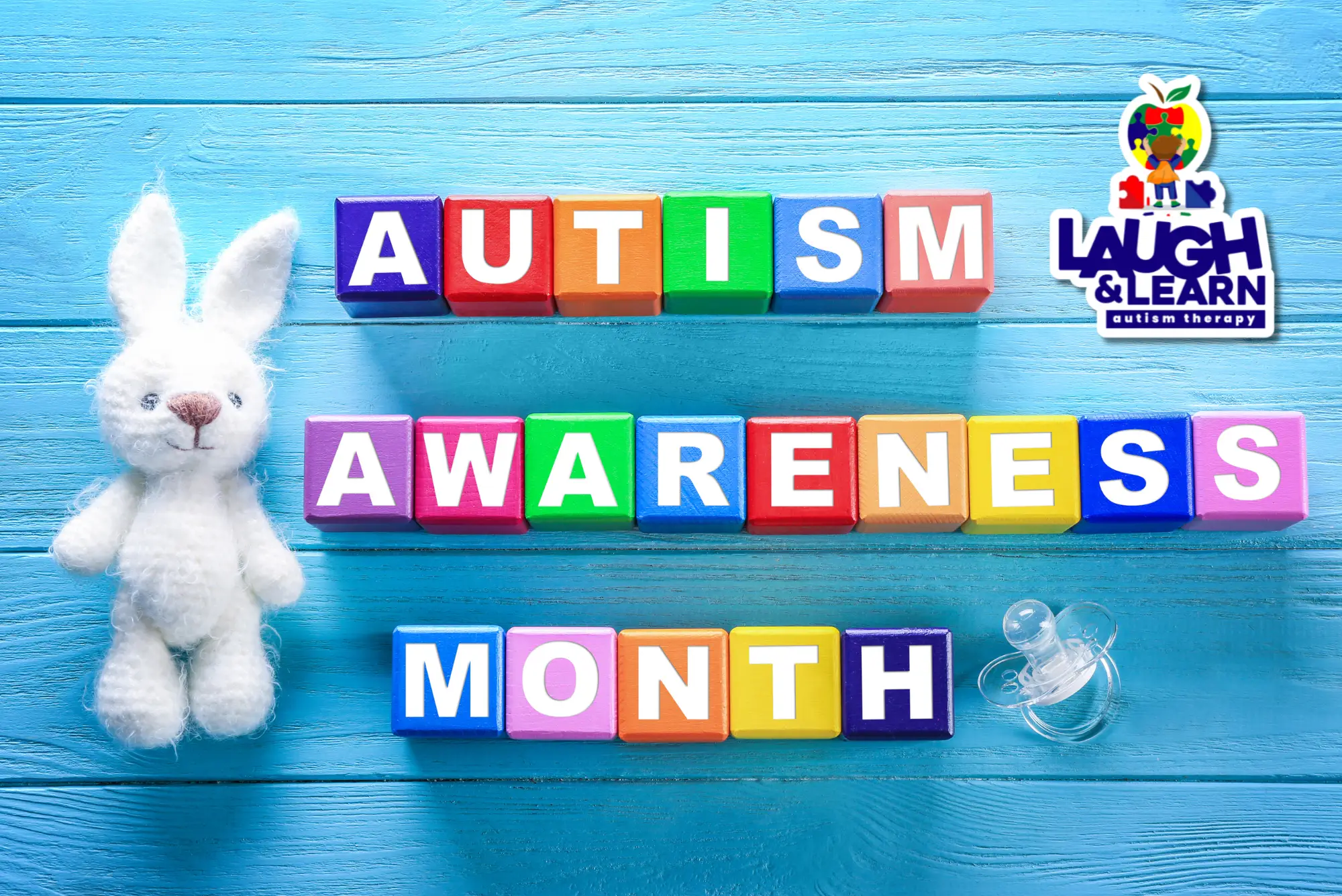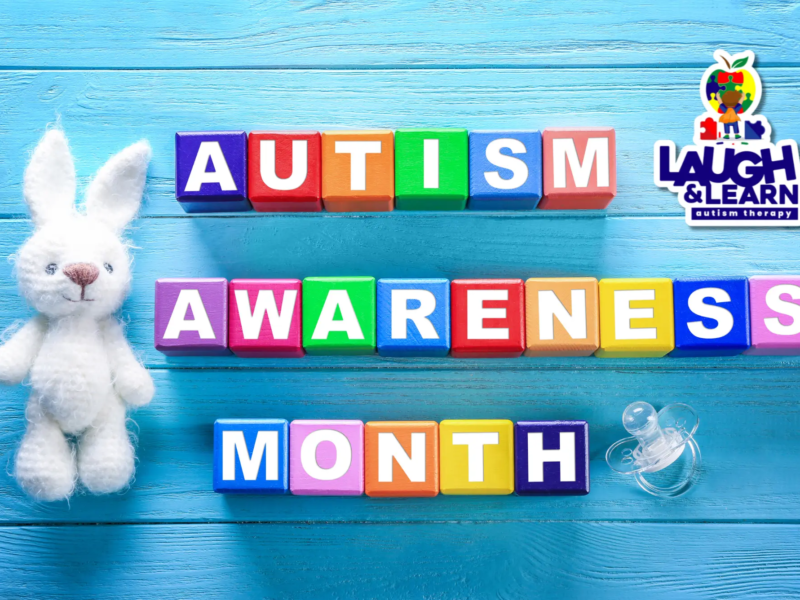Celebrating Autism Acceptance Month: How ABA Therapy Promotes Inclusion
April is not only a month of blossoming flowers and warmer weather; it’s also Autism Acceptance Month, a time to celebrate the unique talents and contributions of individuals on the autism spectrum. At our ABA therapy center, we believe that promoting autism acceptance goes hand in hand with fostering inclusion, and we’re proud to play a role in this mission.
ABA therapy, or Applied Behavior Analysis therapy, is a comprehensive approach to supporting individuals with autism spectrum disorder (ASD) in reaching their full potential. One of the fundamental principles of ABA therapy is the promotion of inclusion, both within the therapy setting and in the broader community. Here’s how ABA therapy contributes to creating a more inclusive world for individuals with autism:
- Individualized Support: ABA therapy recognizes that every individual with autism is unique, with their own strengths, challenges, and goals. Our therapists work closely with each client to develop personalized treatment plans that address their specific needs and preferences. By focusing on the individual, we ensure that everyone receives the support and accommodations they require to participate fully in therapy and daily life activities.
- Building Social Skills: Social skills are essential for forming meaningful connections and building relationships. ABA therapy includes targeted interventions to teach and reinforce social skills such as greetings, turn-taking, and conversation initiation. Through structured activities and guided practice, individuals with autism learn valuable social skills that enable them to engage more confidently and successfully in social interactions with peers, family members, and community members.
- Community Integration: Inclusion extends beyond the therapy center and into the community. ABA therapy emphasizes the importance of community integration by providing opportunities for individuals with autism to participate in community-based activities and events. Whether it’s visiting local parks, attending recreational classes, or volunteering in the community, these experiences help individuals with autism develop social connections, expand their interests, and feel like valued members of society.
- Advocacy and Education: A key aspect of promoting inclusion is raising awareness and understanding of autism within the community. ABA therapy providers are advocates for autism acceptance and education, working to dispel misconceptions and promote a more accurate understanding of autism. Through workshops, presentations, and community outreach efforts, we strive to foster a culture of acceptance, empathy, and support for individuals with autism and their families.
- Empowering Independence: Ultimately, the goal of ABA therapy is to empower individuals with autism to lead fulfilling and independent lives. By teaching essential life skills such as communication, self-care, and problem-solving, ABA therapy equips individuals with the tools they need to navigate the world with confidence and autonomy. Whether it’s learning to prepare meals, manage personal hygiene, or navigate public transportation, these skills promote independence and empower individuals to participate fully in society.
As we celebrate Autism Acceptance Month, let’s reaffirm our commitment to promoting inclusion and acceptance for individuals with autism. Through the principles and practices of ABA therapy, we can create a more inclusive and supportive world where everyone has the opportunity to thrive. Together, we can make a difference and celebrate the unique abilities and perspectives of individuals with autism.



